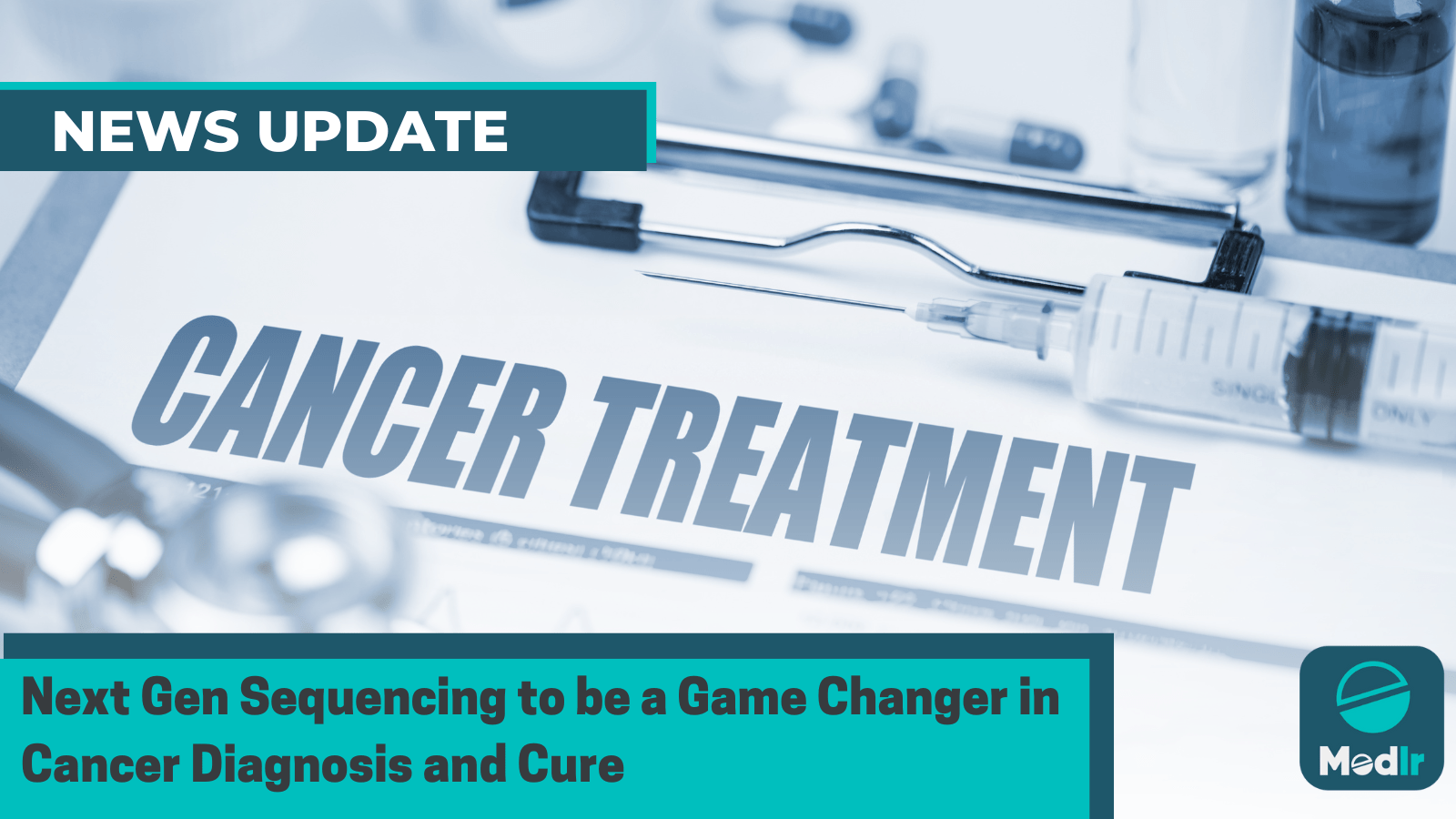Next Gen Sequencing to be a Game Changer in Cancer Diagnosis and Cure
Written by Shaveta Arora
Next Generation Sequencing (NGS) revolutionizes cancer diagnosis and treatment, saving lives and reducing costs. Experts emphasize targeted therapies and precision medicine for improved patient outcomes.

Next Generation Sequencing (NGS) is quickly changing cancer diagnosis and treatment trends. This newly emerging technique is helping the pathologists to look out for case specific treatments.
According to the experts, this has already saved lives of many cancer patients especially the younger once and has even brought down the cost of cancer treatment.
Vidarbha Association of Pathologists and Microbiologists and AIIMS conducted a conference on 'Core issues in pathology. Dr Jasmita Das an assistant professor at department of Hematology at AIIMS, Delhi said-
"There are many varieties of blood cancer. Some are very acute and can kill a patient in a short while if left untreated. There are many types which are chronic and persist for a long time. In case of chronic myeloid leukaemia, it has a targetable lesion. In this case, it is treated with a molecule haematin which is similar like a drug to control diabetes and it helps the patient to live a long and healthy life through continuous screening.
A patient should have to visit the doctor to diagnose the type of cancer. NSG has achieved a big mile in this way. It emphasis to find the genetics of cancer. Panels are designed depending upon type of cancer which was suspected in order to determine the mutations. Some patients will be benefited through the targeted therapy.
Dr Tanuja Shet, professor at pathology of Tata Memorial Hospital (TMH), Mumbai, said the survival rate of breast cancer has increased tremendously because of awareness and biomarker testings. She said -
“Mutations results in change of function in a gene. So if you can target that mutation, you can target the pathway and kill the cancer. This is called targeted therapy. Medicine is developing faster than before.”
Dr Trupti Pai, who works as an associate professor at TMH, Mumbai, said the survival rate has increased from one year to 10 to 15 years in lung cancer said -
“This huge impact has been made by molecular diagnostics testing, genomic classification and targeted therapy. Even in a case of stage IV tumour, if you can identify certain molecular targets, many personalized treatments are available to the patients. Prior to molecular testing, even simple pathological examination is important.“
Dr Neeraj Arora, molecular biology expert from Ahemdabad, said pathology forms the backbone of very clinical test said-
“NGS is overtaking all other technologies especially for cancer patients .NGS will play a key role in biomarker discovery and precision medicine. It helps to gather a lot of information about the disease.“